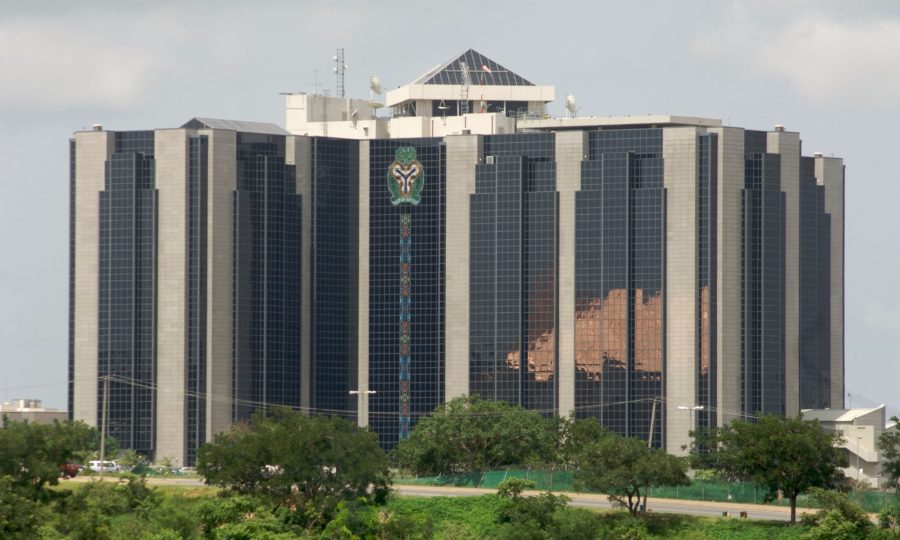The Central bank of Nigeria (CBN) has disclosed that all Deposit Money Banks (DMBs) have till September 2, 2019, as the deadline for the collection and sorting of all mutilated naira notes (bad notes) in their possession.
This disclosure was made by the Central bank’s Director of Corporate Communications, Mr Isaac Okoroafor, during an engagement with leaders of organised labour during the weekend in Lagos.
According to Mr Okoroafor, “the CBN has given banks between the 3rd of June and September 2, to bring back all the mutilated notes for us to reissue them. We are telling customers, including labour, that they should return all the notes to their bank. And that the banks will bring these notes to us for reissue.
“If any bank is refusing to take back the notes, they should call us and we will take action“.

Recall that Nairametrics earlier reported in April, the CBN introduced a Clean Note Policy to put an end to the circulation of mutilated, defaced, and unfit naira notes, detailing several sanctions to be meted on defaulting banks and the general public.
The apex bank had claimed that a large proportion of dirty and mutilated notes in circulation amounts to the tune of N7.9 trillion.
READ ALSO: The “illegal” business that thrives at Nigerian Owambes
Meanwhile, during the engagement, which was part of the apex bank’s communication efforts to involve key stakeholders in the economy in a dialogue, Issa Aremu, an Executive Member of the Nigeria Labour Congress (NLC), described the bank’s creative interventions in the economy as “highly commendable”.
“CBN is working today because we have a competent hand. Mr Emefiele is a man of vision, but he is also passionate about Nigeria, he is patriotic; we need to replicate that kind of public office.” – Aremu
Aremu further noted that all hands must be on deck in order for the Nigerian economy to improve on its current growth levels.
CBN’s statutory obligation under Section 2 of the CBN Act, 2007, is to ensure an adequate supply of clean banknotes which is to facilitate seamless payment and settlement of transactions by the banks, public and the Government.











